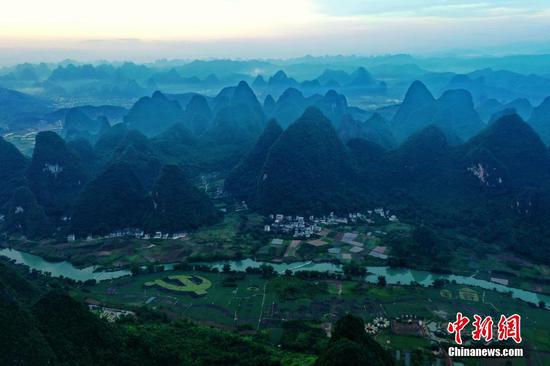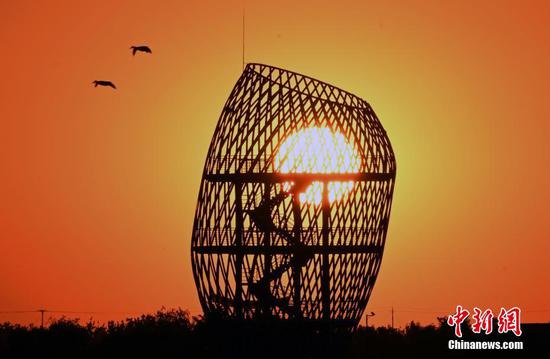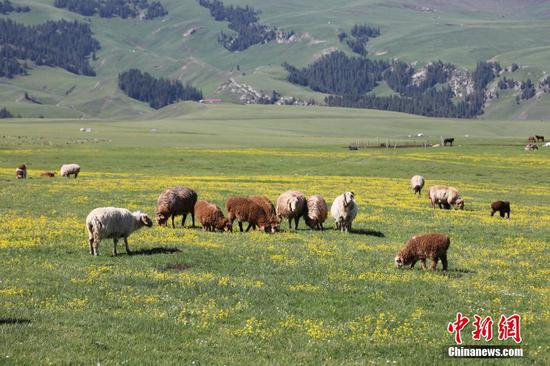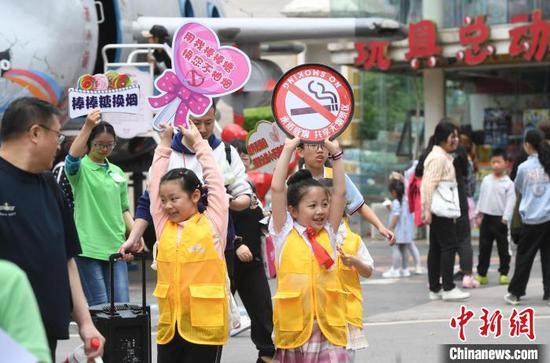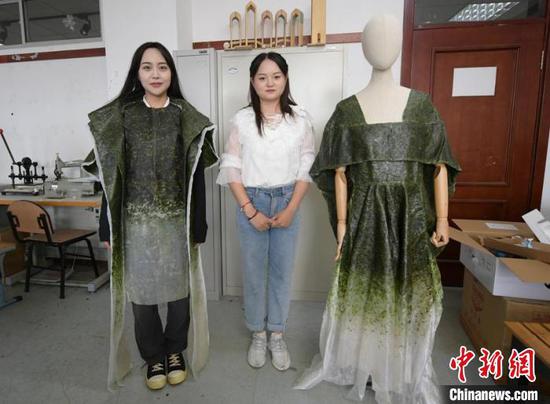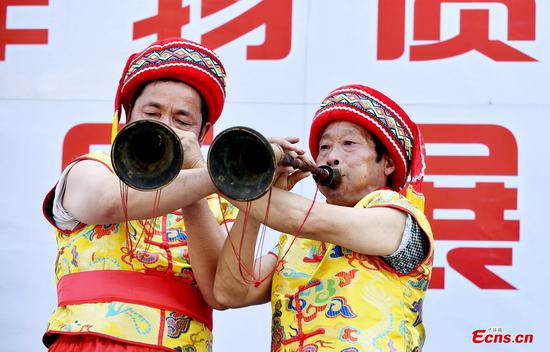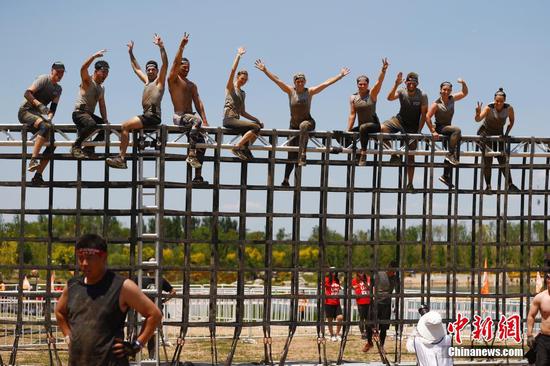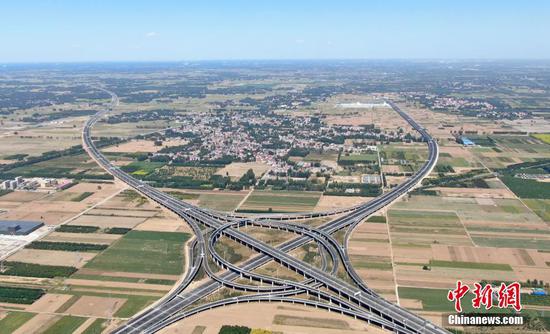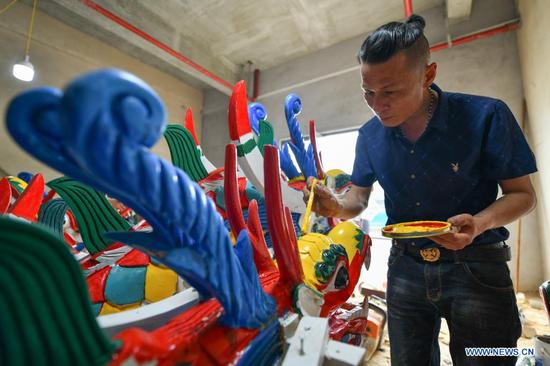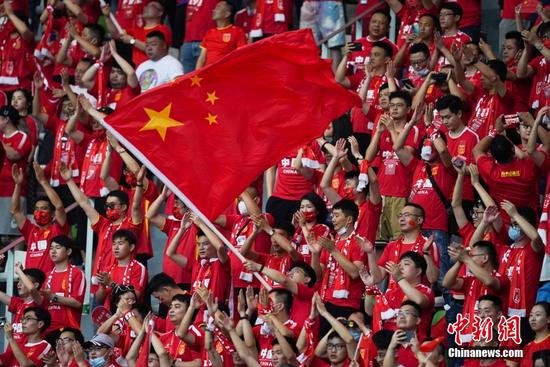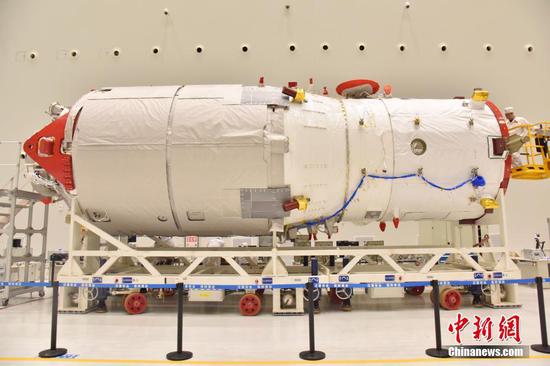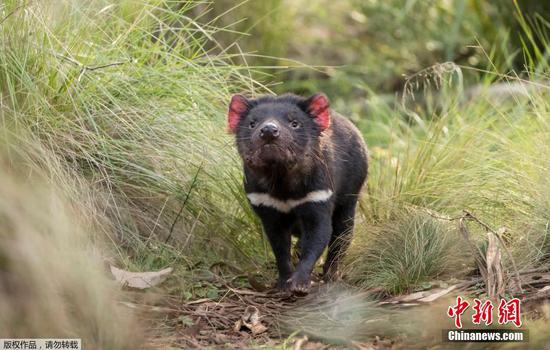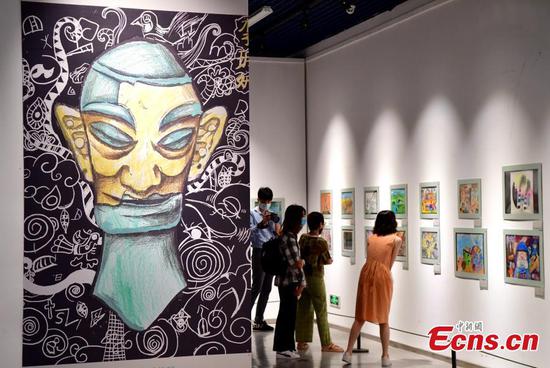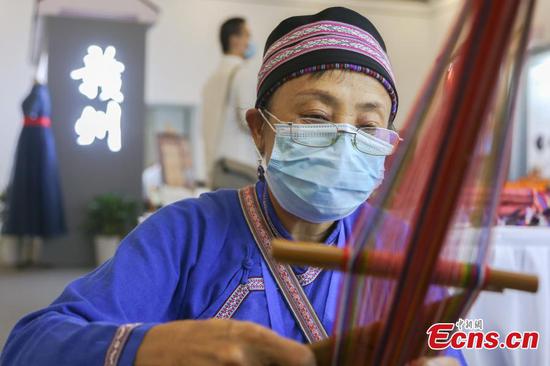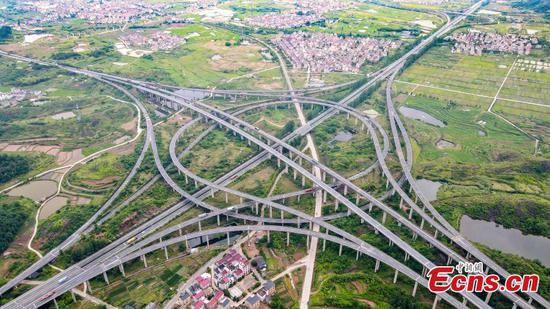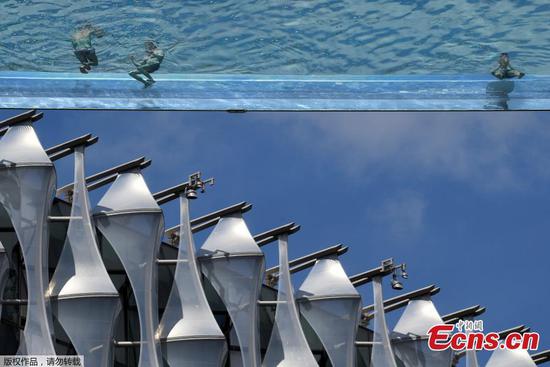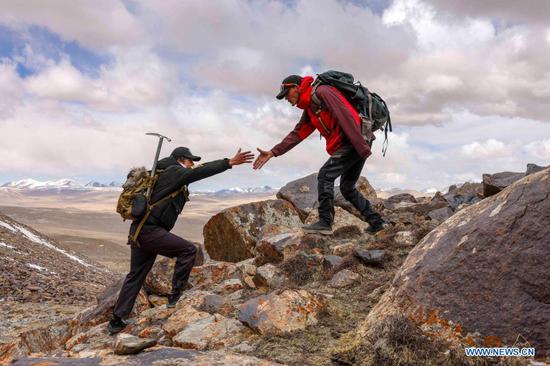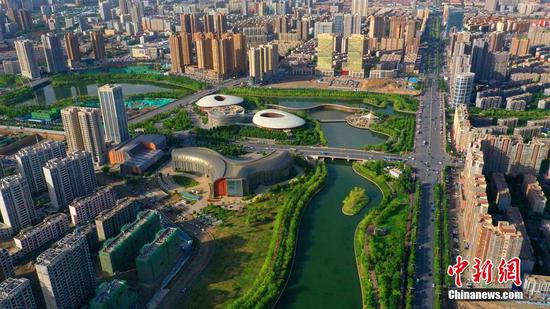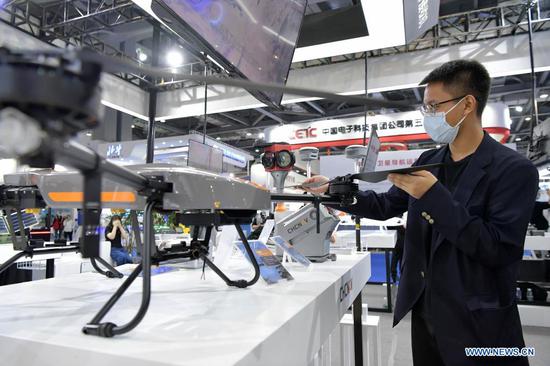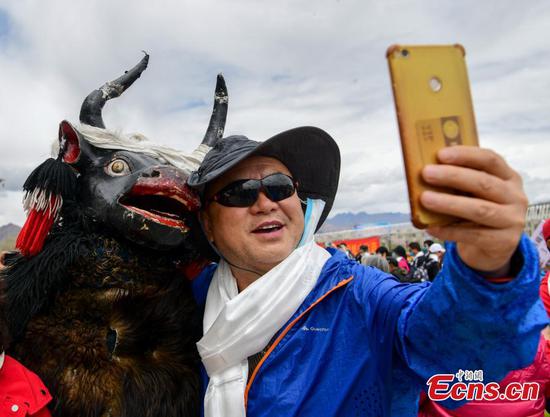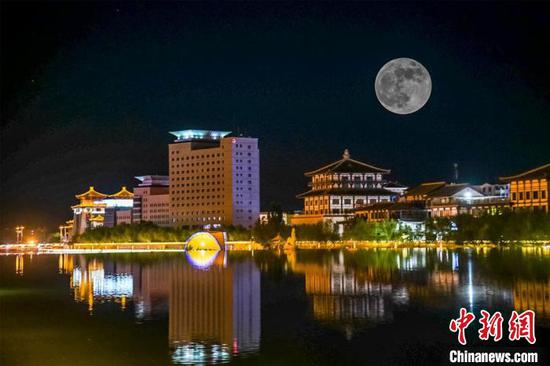
Zhang Jun, China's permanent representative to the UN. (Photo/Xinhua)
China's permanent representative to the United Nations, Zhang Jun, on Monday said that China practiced true multilateralism, as he reviewed the Security Council's work during China's presidency.
It is of great significance for China to assume the rotating presidency of the Security Council at this historic year, Zhang said in a news briefing.
He noted that this year marks the 100th anniversary of the founding of the Communist Party of China and the 50th anniversary of the restoration of the People's Republic of China's lawful seat at the UN.
Zhang reviewed eight achievements the Security Council reached during China's presidency in May.
First, the Security Council reiterated its commitment to multilateralism and clarified the right direction for adhering to true multilateralism, he said.
Zhang emphasized that the only correct way to deal with global challenges is to maintain and practice multilateralism. He noticed that all parties are now emphasizing their support for multilateralism, but unilateral actions and hegemony haven't disappeared.
He mentioned that in a telephone conversation with UN Secretary-General António Guterres on May 6, President Xi Jinping pointed out that the world needs true multilateralism.
Countries should act in accordance with the purposes and principles of the UN Charter, Zhang said. They shouldn't engage in unilateralism and hegemonism, and they shouldn't engage in ideological confrontation in the name of multilateralism, he added.
The Security Council held a high-level meeting on "upholding multilateralism and the UN-centered international system" on May 7 under China's initiative.
Chaired by China's State Councilor and Foreign Minister Wang Yi, the foreign ministers or deputy foreign ministers of 15 members of the Security Council attended the meeting, setting a record level of attendance for the council's meeting since the pandemic.
Second, the Security Council promoted unity and cooperation to fight the pandemic and supported post-pandemic recovery and reconstruction in Africa, Zhang said.
"Supporting Africa, promoting peace and development in Africa and removing the root causes of conflicts in Africa has always been the priority of China's diplomacy," he said.
The council held a high-level meeting on "Addressing root causes of conflict while promoting post-pandemic recovery in Africa" on May 19.
Chaired by Wang, the meeting drafted the first document of the Security Council on post-pandemic reconstruction, putting forward specific ideas and suggestions on supporting Africa's COVID-19 response, eliminating the root causes of conflict and promoting post-pandemic recovery in Africa.
During the meeting, China and African countries also launched the initiative on partnership for Africa's development, calling on the international community to give stronger support to Africa in multiple areas.
Third, the Security Council actively responded to hot spot issues and promoted political settlement of conflicts and disputes, said Zhang.
As president of the Security Council in May, Zhang said China pushed the Security Council to meet four times within 10 days to urgently review the Palestinian-Israeli situation, reaffirming a two-state solution and forming a strong voice calling for an immediate ceasefire.
After the ceasefire, with China's full promotion and the joint efforts of all parties, the Security Council issued a presidential media statement, calling on parties concerned to abide by the ceasefire agreement and restore calm in full, Zhang said. It is the first Security Council presidential media statement on the Palestinian-Israeli conflict since 2014.
Fourth, the Security Council improved the safety of peacekeepers and supported the UN to strengthen capacity building, said Zhang.
The Security Council held an open debate on "Improving safety and security of peacekeepers" on May 24. The meeting adopted the Security Council presidential statement drafted by China, which is another important document of the Security Council on the safety of peacekeepers following Resolution 2518 adopted by the council last March.
Fifth, the Security Council raised the awareness of the development of emerging technologies and actively respond to the challenges of emerging technologies in the field of international security, said Zhang. Chaired by Zhang, "The Impact of Emerging Technologies on International Peace and Security" informal meeting was held on May 17, which was the first time in the history of the Security Council to discuss emerging technology issues.
Sixth, the Security Council attached great importance to the protection of civilians in armed conflicts and promoted all parties to implement the Security Council resolutions and the provisions of international humanitarian law, said Zhang.
He said that the Security Council issued two presidential media statements to send out a strong voice condemning the attacks in Afghanistan and the Palestinian-Israeli region, calling for the protection of civilians.
Seventh, the Security Council performed the duties to advance the work of the Secretary-General election, said Zhang. The term of UN Secretary-General Guterres will end at the end of this year. On May 18, China organized an informal dialogue between members of the Security Council and the candidate for the next secretary-general. Guterres is the only candidate.
Eighth, the Security Council has improved working methods to increase efficiency, transparency and inclusiveness, said Zhang.
"We adhere to the 'mass line' – extensively listen to the opinions of all parties, and value the legitimate concerns of the countries involved," Zhang said. "We try to arrange for the countries involved to speak ahead of the members of the Security Council, listen to their opinions, and improve the pertinence of discussions at the meeting."











